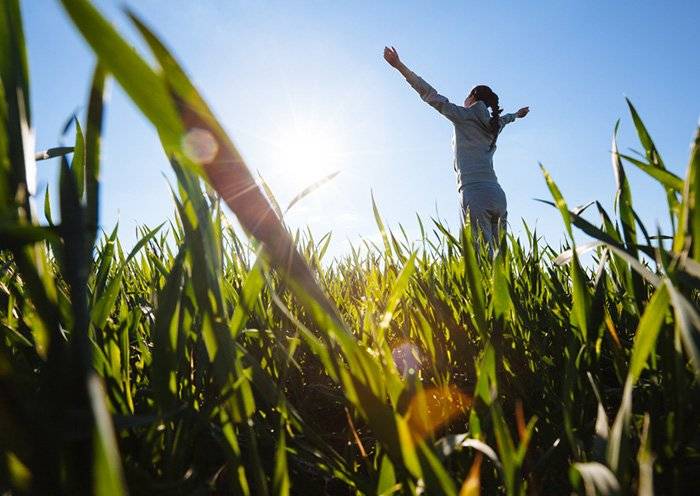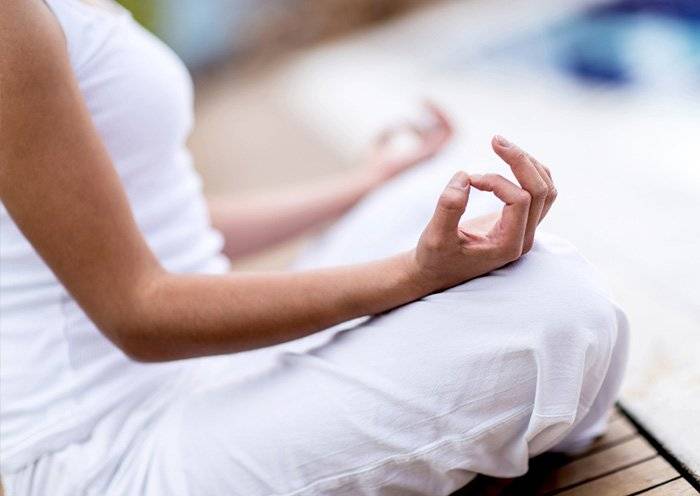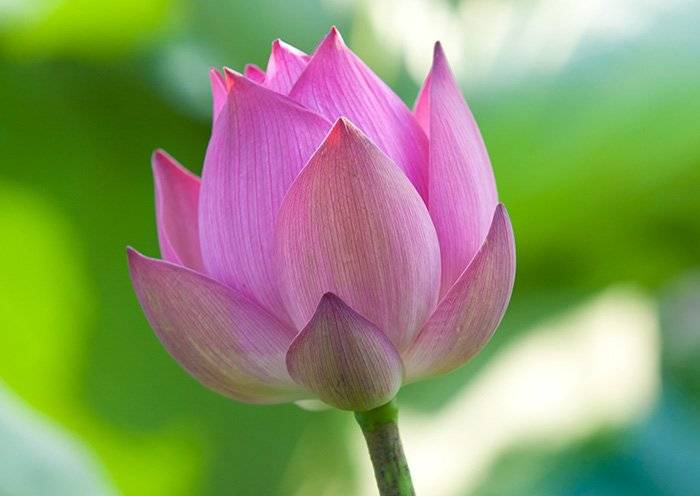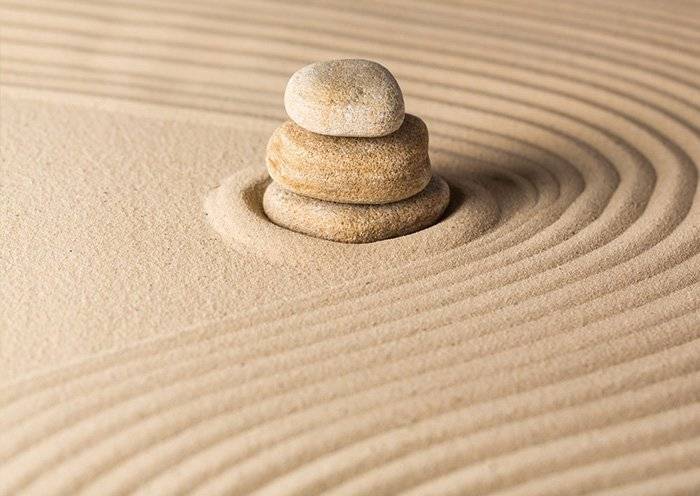How to Reduce Stress With Meditation
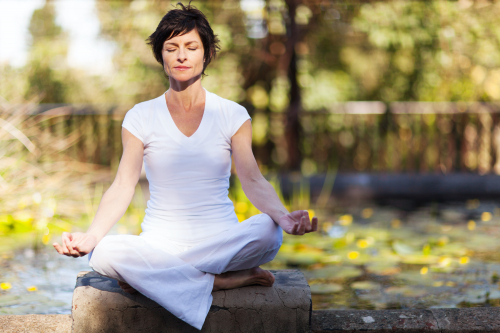
Mountain Trek’s program director Kirkland Shave says more often he’s meeting guests at the lodge who are struggling with stress. Whether it’s their work, family life, or personal troubles, he says that many people come to the lodge to escape their daily stresses, immerse themselves in nature, get a good night’s sleep, and, ultimately relax. However, when their stay at the lodge nears its end, their stress levels begin amping up again as they consider returning to their regular day-to-day.
As part of the educational component of the program, Kirkland spends time sharing various tips for how to reduce stress. For example, in this video below, he discusses the causes of stressors and what you can do to alleviate them and relax, and, ultimately enjoy a more fulfilling life free of chronic worry.
Kirkland also recommends meditation as a great form of relaxation. It used to be that meditation was viewed as something only “old hippies” did. But now its benefits are being touted by the likes of Oprah, Hugh Jackman, and Arianna Huffington.
Related Article: The Rise of Forest Bathing
There is so much new research available since brain imaging equipment came into existence 20 years ago that its benefits are proving it can reduce stress, lower blood pressure, and slow Alzheimer’s. Also, in a recent study by John Hopkins University, it was proven that mindfulness meditation can be just as effective as antidepressants for treating anxiety symptoms. It also boosts our feel-good hormones (serotonin, dopamine), lowers our stress hormone (cortisol), lowers our blood pressure, alleviates pain and inflammation and it invokes our parasympathetic nervous system to help balance our digestive and elimination systems.
If you’re considering trying meditation for the first time, my recommendation would be to start simple.
Steps to Begin Your Meditation Practice:
- Find a quiet space and remove all devices such as your smartphone
- Sit comfortably with a straight spine
- Breathe slowly and fully while concentrating on a candle flame, or the sound of ocean waves, or the sensations of your breath as it passes through your nostrils
- Notice how your concentration gets interrupted by your thoughts. Don’t worry though as this is the normal function of our mind to generate thoughts.
- Gently (and without judgment of the content) come back to concentrating on your focus of attention.
- Practice increases the power of concentration so start with just 5 minutes a day and then build from there.
What is Mountain Trek?
Mountain Trek is the health reset you’ve been looking for. Our award-winning health retreat, immersed in the lush nature of British Columbia, will help you detox, unplug, recharge, and roll back years of stress and unhealthy habits. To learn more about the retreat, and how we can help you reset your health, please email us at info@mountaintrek.com or reach out below:

